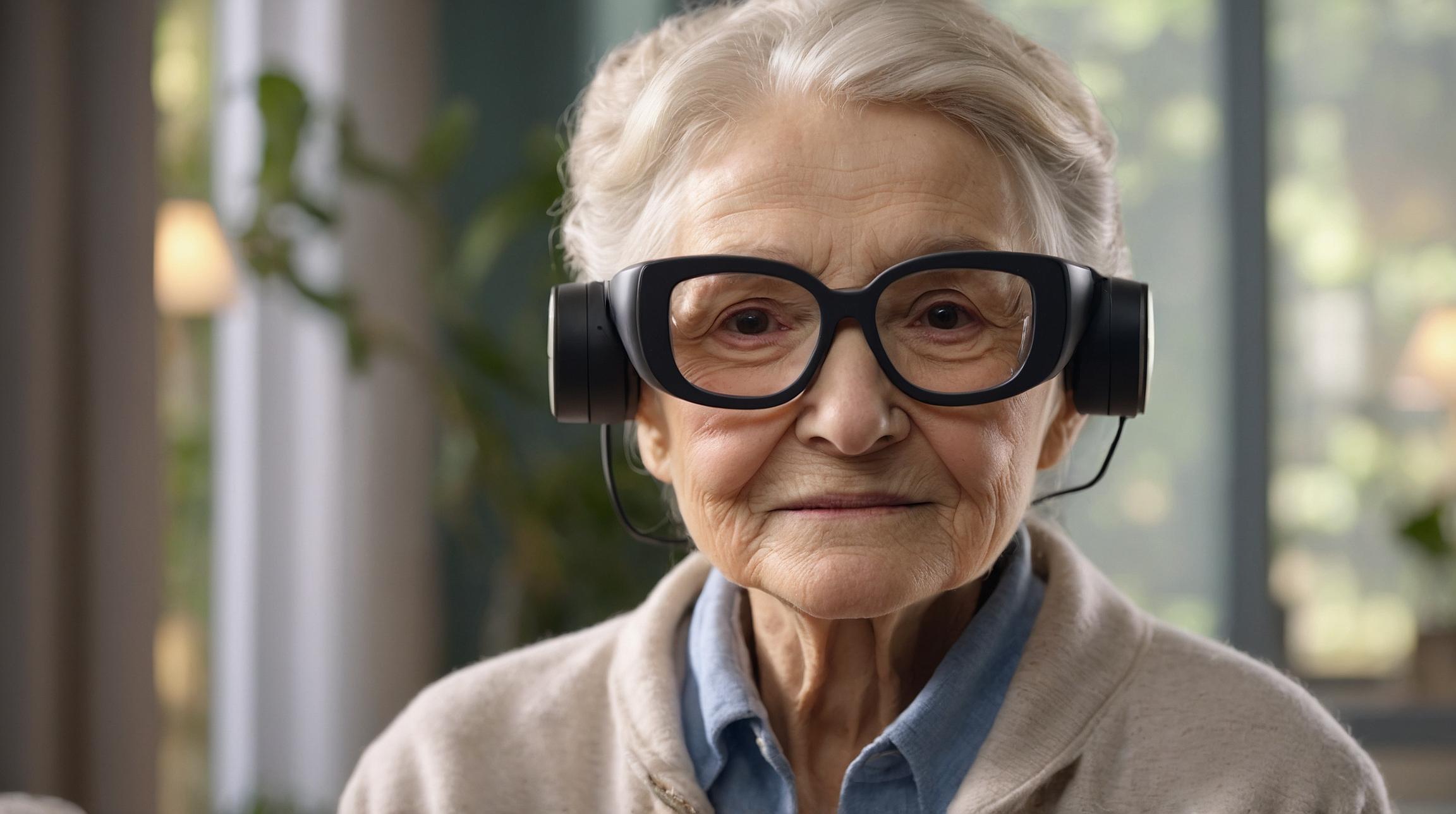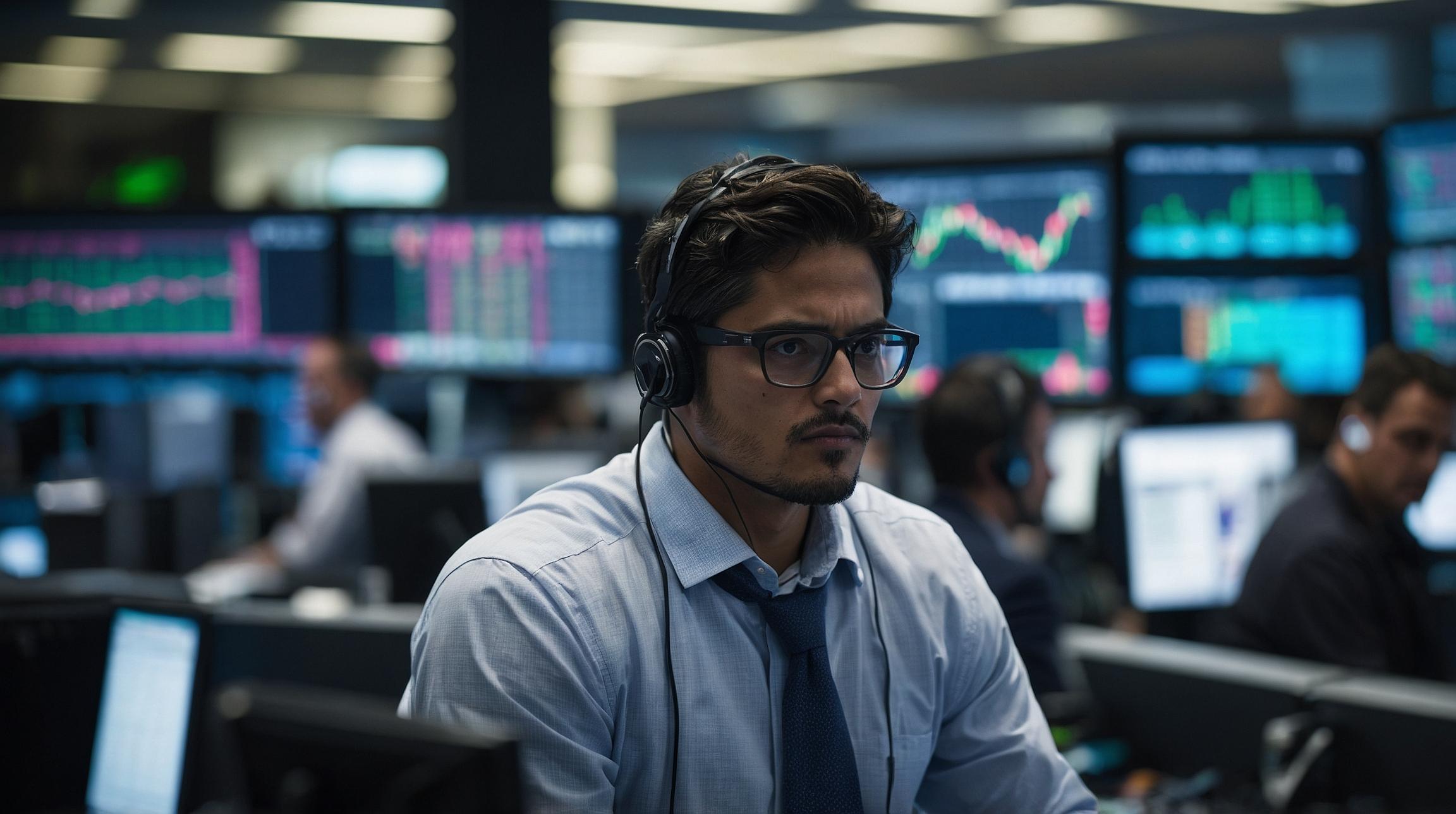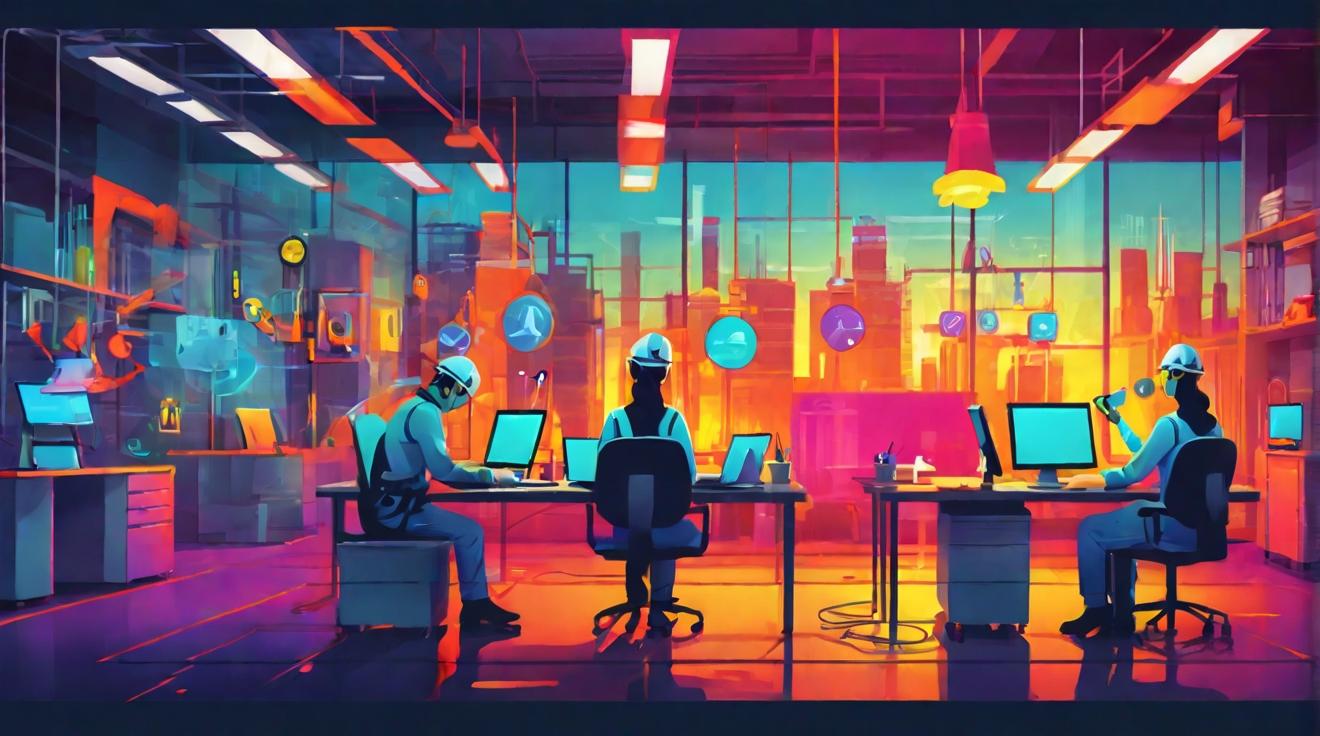The Growing Challenge of Dementia
Dementia affects a staggering 55 million people globally, with 1 in 10 older than 65 in the United States alone, as per the World Health Organization. Alzheimer's disease is the most recognized form, causing memory loss and confusion, and impacting individuals' daily functions such as recognizing familiar faces. The burden also extends to caregivers, often family members, who provide extensive support at a personal cost.
VisionXcelerate: A Student-Driven Innovation
A team of high-schoolers from the U.S. and India has harnessed the power of wearable technology to create the VisionXcelerate glasses. This innovative device aims to offer personalized assistance to dementia patients, enabling them to perform daily tasks independently and easing the caregivers' load. A unique feature is the eyeglass chain, which houses sensors and ensures the device is not lost. Input was gathered from patients, hospitals, and nursing homes to meet specific needs.
"After engaging with 90 dementia patients, I developed new research and critical thinking skills by observing and analyzing their responses," says Sysha, who worked on coding for image and facial recognition. "I grew more empathetic by seeking solutions for Alzheimer's sufferers."
The Power of AI and AR
VisionXcelerate smart glasses, with features like health data collection, result from a collaborative team effort. "As the Team Lead, I've seen how collaboration and overcoming obstacles have shaped our journey," shares Riya. The glasses utilize Artificial Intelligence (AI) and Augmented Reality (AR) to provide real-time assistance, helping patients with memory loss and object recognition. Shreeniket, involved in the research and design, focused on the practicality of integrating these technologies, inspired by observing elderly family members.
An example feature is a virtual personal assistant that reminds users to take medication and eat or drink regularly, using a familiar voice to foster trust. An accompanying app allows caregivers to monitor patients remotely. "Working with global teammates offered new insights," notes Tisha.
Overcoming Challenges and Building Skills
The team faced challenges like working across time zones but gained valuable skills in teamwork, problem-solving, and project management. "Despite obstacles, the journey was rewarding," shares Prakul. "It pushed me out of my comfort zone and allowed me to contribute meaningfully."
Medha adds, "I learned about the daily challenges dementia patients face and realized the impact of our solution. I contributed by researching features and sketching designs. This was an outstanding opportunity."
Enhancing Safety and Independence
The glasses include fall detection systems to alert caregivers and GPS tracking with geofencing to locate patients who have wandered. These features enhance patient safety and provide caregivers peace of mind.
With ongoing user feedback, the team plans to refine the solution, aiming to further improve the quality of life for dementia sufferers, prolong their independence, and ease caregiver pressure.













